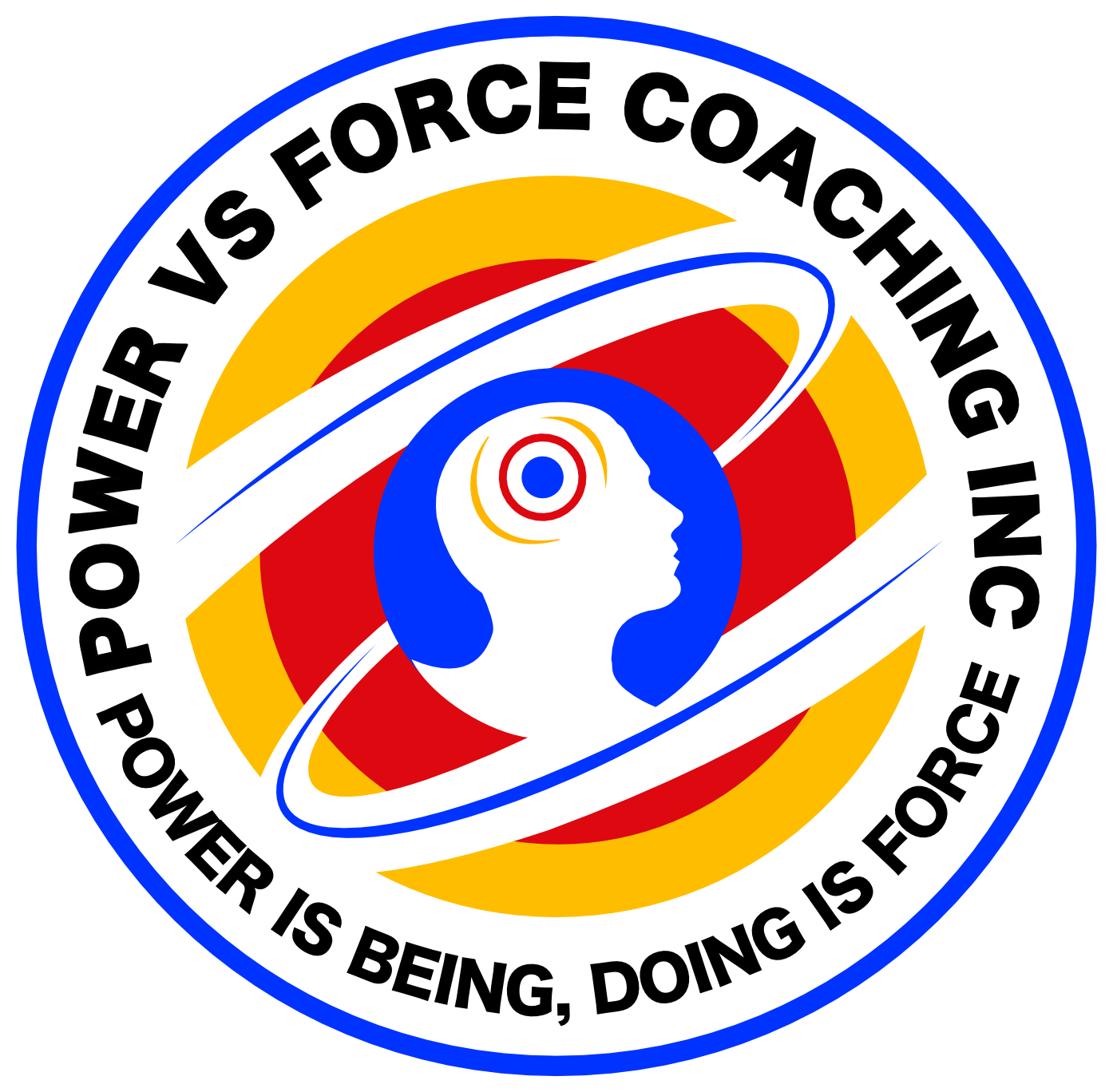In the domain of high-stakes athletic competition, the coveted ‘zone’ or ‘flow state’ — a state of peak performance where an athlete’s actions feel seamless, almost effortless, is the holy grail for competitors. As a COR.E Performance Dynamics specialist, I have spent years studying, observing, and guiding athletes towards this ideal performance state. However, there are key challenges that often keep athletes from achieving and maintaining the zone.
Mental Distractions
Distractions, both internal and external, are the nemesis of peak performance. For athletes, external distractions could be as varied as crowd noise, environmental conditions, or performance pressure. Internal distractions may come in the form of negative self-talk, performance anxiety, or personal issues seeping into their professional realm.
COR.E Performance Dynamics suggests adopting a mindful approach to minimize these distractions. Athletes can train to focus on the moment, shutting out irrelevant external stimuli and silencing internal noise. Mindfulness training helps athletes stay present and in-tune with their bodies, maximizing performance.
Stress and Anxiety
Stress and anxiety are physiological responses that can derail performance if not managed effectively. According to COR.E Performance Dynamics, reframing stress as a performance catalyst rather than a hindrance can dramatically improve an athlete’s performance.
With mental conditioning and stress management techniques, athletes can learn to leverage the adrenaline rush associated with stress to heighten their focus and intensity, effectively turning a potential obstacle into a performance enhancer.
Lack of Preparation
Performance preparation is a holistic concept encompassing physical training, mental conditioning, strategic planning, and understanding the competition. A lapse in any of these areas can knock an athlete out of the zone.
COR.E Performance Dynamics emphasizes the importance of mastering the performance environment, both internal (personal strengths, weaknesses) and external (competitors, conditions). This mastery is achieved through deliberate practice, mental toughness training, and strategic preparation.
Physical Fatigue and Injuries
Physical fatigue and injuries not only affect an athlete’s physical capabilities but can also dampen their mental resolve. Proper rest, nutrition, and injury prevention are vital elements of an athlete’s preparation routine.
In the face of injuries, the COR.E approach encourages athletes to embrace adversity as an opportunity for growth, enhancing mental resilience while taking the necessary steps for physical recovery.
Performance Expectations and Pressure
The weight of expectations can disrupt an athlete’s focus and emotional control, inhibiting their ability to perform at their best. COR.E Performance Dynamics promotes the concept of ‘Personal Mastery’, which encourages athletes to focus on their personal best rather than external benchmarks.
By shifting focus from outcomes to process, athletes can lessen the pressure and enable themselves to perform with greater freedom and confidence.
Lack of Motivation and Poor Mental Conditioning
Motivation fuels the effort required for rigorous training and peak performance. Similarly, mental toughness — the ability to persevere in the face of adversity, is crucial for high-level performance.
Through COR.E Performance Dynamics, athletes are guided to find intrinsic motivation and build mental resilience, enabling them to sustain elevated levels of performance, irrespective of the challenges they encounter.
In conclusion, the journey towards achieving and maintaining peak performance is fraught with challenges. However, by embracing the COR.E Performance Dynamics principles and practices, athletes can learn to navigate these hurdles, consistently stepping into and staying in the performance zone.





